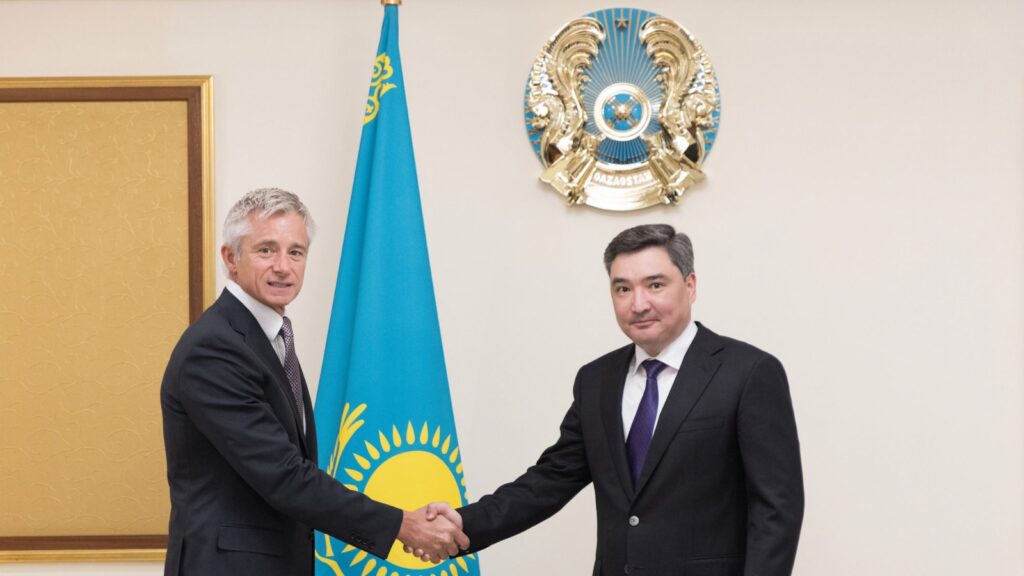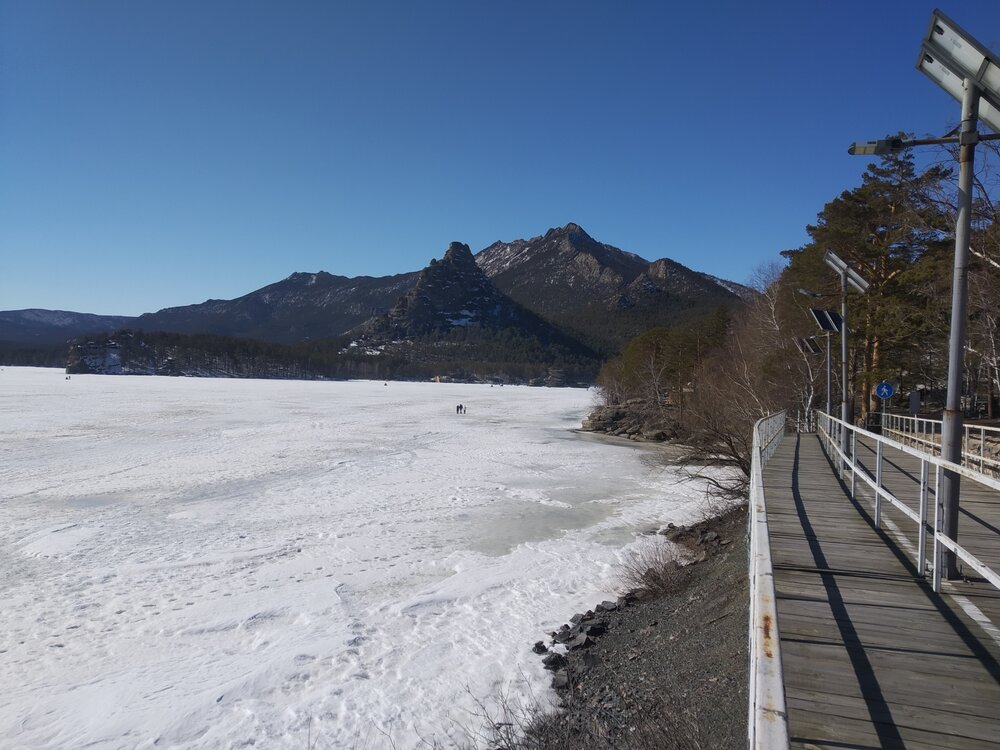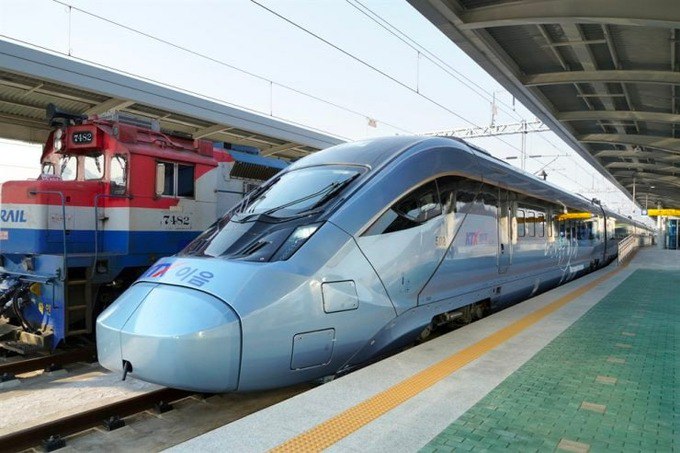On June 13, Kazakhstan President Kassym-Jomart Tokayev chaired a government meeting on the development of the country’s tourism industry.
He opened by noting that despite its favorable geographical location, the diversity of its nature, and its rich historical and cultural heritage, Kazakhstan’s wide-spanning tourism potential remains largely unexploited.
“Tourism as an important sector of the economy is not yet effective, which is a big omission of the government. Over the past four years, the share of tourism in the economic structure has decreased from 3.7% to 3.2%, almost threefold lower than the world average. According to this indicator, Kazakhstan falls below neighboring countries with similar climates and culture. It is obvious that a qualitative breakthrough in the development of the tourism industry requires urgent systemic measures,” said the president.
Tokayev then outlined areas in need of urgent improvement, beginning with problems posed by the country’s weak transport infrastructure for domestic tourism:
“The quality of railway transportation in the country is beyond criticism. Most of the rail carriages are worn out, and some do not even have air conditioning. The government needs to renew the fleet of rail carriages in the next five years. In addition, it is important to improve railway stations. Their appearance and infrastructure must meet international standards. In summer, the flow of railway passengers increases sharply. It is therefore necessary to increase the number of trains with comfortable carriages to the most popular destinations. The quality of our roads also leaves much to be desired, making it very difficult to reach remote recreation areas by car. There are practically no fully serviceable highways. The reconstruction of the Astana-Almaty highway, connecting the south and center of Kazakhstan, has been ongoing since 2021. There are many similar unfinished roads across the country and it is imperative that the government completes these road projects this year.”
The President emphasized that the poor logistics connectivity of holiday destinations affects not only domestic tourism, but also the influx of guests from abroad.
“Almost 90% of foreign tourists come to Kazakhstan from neighboring CIS [former Soviet] countries. There are still few tourists from non-CIS countries. International studies show that over 70% of travelers prefer to visit vacation destinations within a 4-hour flight, making Kazakhstan very attractive to tourists from China, India, East Asia, and the Middle East. It is also necessary to consider, specific issues related to the national mentality of foreign tourists, their interests, and requests. Within 5 years we can double and even triple the number of foreign tourists but to do so, we need to develop air transport, firstly by expanding the presence of low-cost airlines on popular air routes. Their current share in passenger air transportation in Kazakhstan is only 21%.”
The head of state criticized the Government’s plans to simultaneously develop 20 tourist zones across the country, claiming the approach ineffective regarding the dispersion of the state’s limited resources. Instead, he recommended that efforts focused on the development of the most promising locations, in the shortest possible time, as hallmarks of Kazakhstan’s projection of its international tourist industry.
Citing examples, Tokayev continued: “The most promising destinations are the mountain cluster of the Almaty region, [Caspian Sea] beaches in Mangistau region, and the Shchuchinsk-Borovoye resort area. Almaty is the main center for tourism development in Kazakhstan. The city accounts for a quarter of the total tourist flow, including half of our foreign tourists. But the city’s tourism infrastructure cannot withstand the growing influx. In Shymbulak [ski resort], the flow of visitors on weekends and holidays exceeds its capacity 2.5-fold. Hence the importance of further development of the ski cluster, and especially, the construction of an all-season mountain resort in the Turgen gorge in the Almaty region.”
Moving on, the president instructed the government and the administration of the Mangystau region to join forces in attracting hotel and restaurant global brands and franchises to establish businesses in the Caspian Sea region to improve the quality of its tourism infrastructure. He also recommended, with reference to developments in Dubai and Baku, a revision of Aktau’s master plan for a resort along its coastline, in addition to an increase in flights to Aktau from Almaty, Aktobe, Shymkent, and Atyrau.
Praising the Shchuchinsk-Borovoye region as one of Kazakhstan’s unique assets in terms of its rich natural landscape, history and culture, the head of state stated:
“The proximity of Burabay [Borovoye] to Astana ensures a constant and ever-increasing influx of residents and tourists from the capital. However, progress on the construction of the area’s infrastructure is far too slow and plans for the development of the Shchuchinsk-Borovoye resort, adopted back in 2012, have yet to be fully implemented. Although promised 126 billion tenge, just 35 billion tenge has been allocated for its development and for over 10 years, the resort has been unable to install sewer treatment facilities. It is now crucial that the Government, the Presidential Administration, and the regional administration complete these projects as soon as possible.”.








